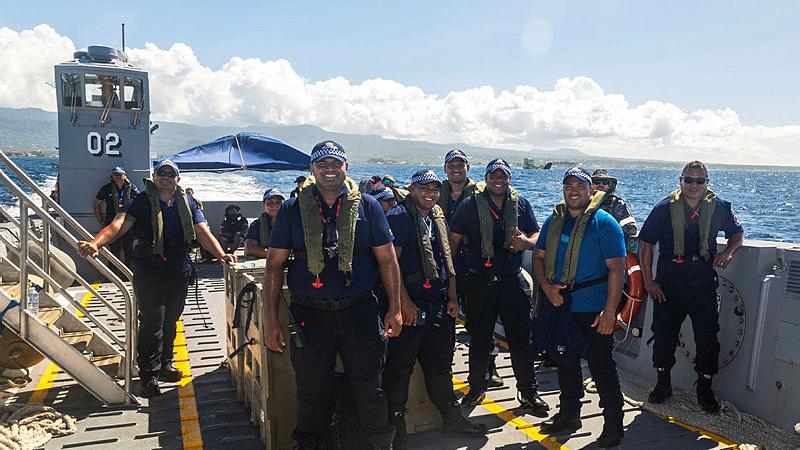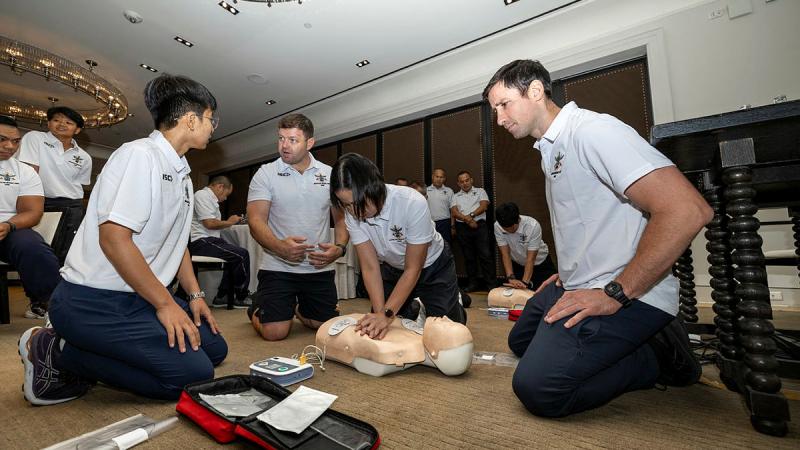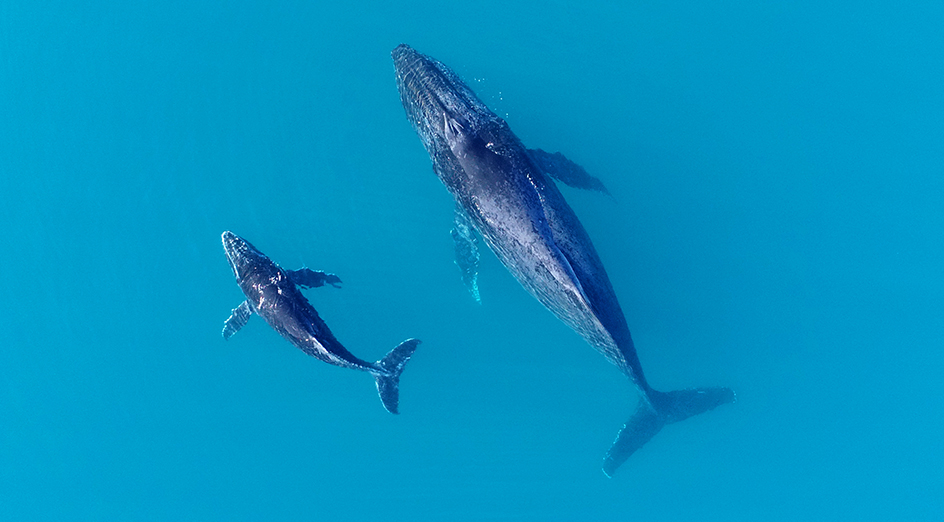An innovative programme bringing together Italian fashion designers with artisan women from remote mountain communities worldwide to create clothes for the global market, has received an award today from the Japan World Expo 2025 as an example of best practices in design for the future.
The programme, called ‘Fashion for Fragile Ecosystems ‘, is an initiative of the Mountain Partnership, a global alliance which works to improve the lives of mountain people and protect mountain environments through a secretariat hosted by the Food and Agriculture Organization of the United Nations (FAO) in Rome. With the financial support of the Italian Development Cooperation, the Fashion for Fragile Ecosystems programme links cultural heritage and traditional design with ethical, contemporary fashion. To date, it has been implemented in Kyrgyzstan, Guatemala and Peru.
“This is a welcome recognition of the power of collaboration between Italian excellency and mountain communities to create lasting change through equal exchange of skills, traditional knowledge and cultural heritage,” said Zhimin Wu, Director of FAO’s Forestry Division.
Combining Italian flair with mountain communities’ traditions, knowledge and culture
Under the programme, the Italian-Haitian designer Stella Jean and Italian designer Vivia Ferragamo worked hand in hand with artisan women in Kyrgyzstan, Guatemala and Peru to create collections inspired by the traditions, knowledge and culture of their mountain communities.
Technical training and financial support are provided to mountain women’s artisan organizations and the collections are presented to global markets at fashion shows. The artisans retain intellectual property rights to enable them to keep producing and selling the garments through their own channels.
Highlighting design and partnership for a better future
Japan’s World Exposition 2025 takes place in Osaka from 13 April to 13 October with a theme of ‘Designing future society for our lives’.
The award was announced on Monday in a statement from the Japan Association for the 2025 World Exposition as one of a series of initiatives around the world that represent best practices in the three sub-themes of the World Expo; saving, empowering and connecting lives.
“The Best Practices were selected from projects submitted from all over the world, following a review by the selection committee members. In addition to their affinity with the Expo’s theme of “Designing Future Society for Our Lives”, the projects were selected with consideration for their certainty of impact, potential for regional development, and contribution to a better future,” the statement said.
Boosting mountain economies and empowering artisan women
Mountains are fragile ecosystems that are home to vulnerable populations, and at the same time, they are highly impacted by climate change, natural disasters, economic shocks, and marginalization. Small artisan communities comprised predominantly by women are often custodians of naturally circular economies in remote mountain areas and on small islands. They produce high-quality products with low environmental impact. However, their isolated locations, distance from markets, and long value chains with many intermediaries usually result in unfair compensation for their valuable work. The artisans are often forced to abandon their craft to seek better livelihoods elsewhere, putting their cultural heritage and traditional products at risk of being lost forever.
Fashion for Fragile Ecosystems increases fair work opportunities for women producers and artisans. Through partnerships with global brands and training from marketing and value chain experts, local mountain and island artisans – with an emphasis on women – strengthen their design and marketing skills, enhancing the profitability of their crafts. In this way, this project boosts local economies and empowers artisans to be able to continue their cultural and traditional craftsmanship by making it more economically sustainable.
Artisans in fragile mountain and island ecosystems also gain recognition for their traditional, low environmental impact craftsmanship and their cultural heritage while the initiative also raises global awareness of the importance of mountain ecosystems and promotes sustainable practices.







